It’s That Time of the Year Again! Prevent Colds and Flu With Essential Oils
It is that time of the year again. The weather has changed, punctuated by rapid temperature swings. You start to feel it. A bit weak, rundown and suspicious of the tingling in your sore throat, nagging headache or stuffy nose, you reach for the medicine cabinet hoping to allay the onset of a nasty cold or flu. But, the problem is chemical medicines can only suppress some of the symptoms associated with colds and flus, but they can do nothing to prevent them or shorten their duration. You can use essential oils to prevent colds and flu.
Use Essential Oils to Stop Cold and Flu
You should know that there are real ways to use essential oils to stop cold and flu in its tracks. We want to share a few good ways of cleaning your home and protecting your loved ones from harmful germs and viruses with the best essential oils used to prevent colds and flu.
Easy, low-cost and convenient these helpful tips will make a difference
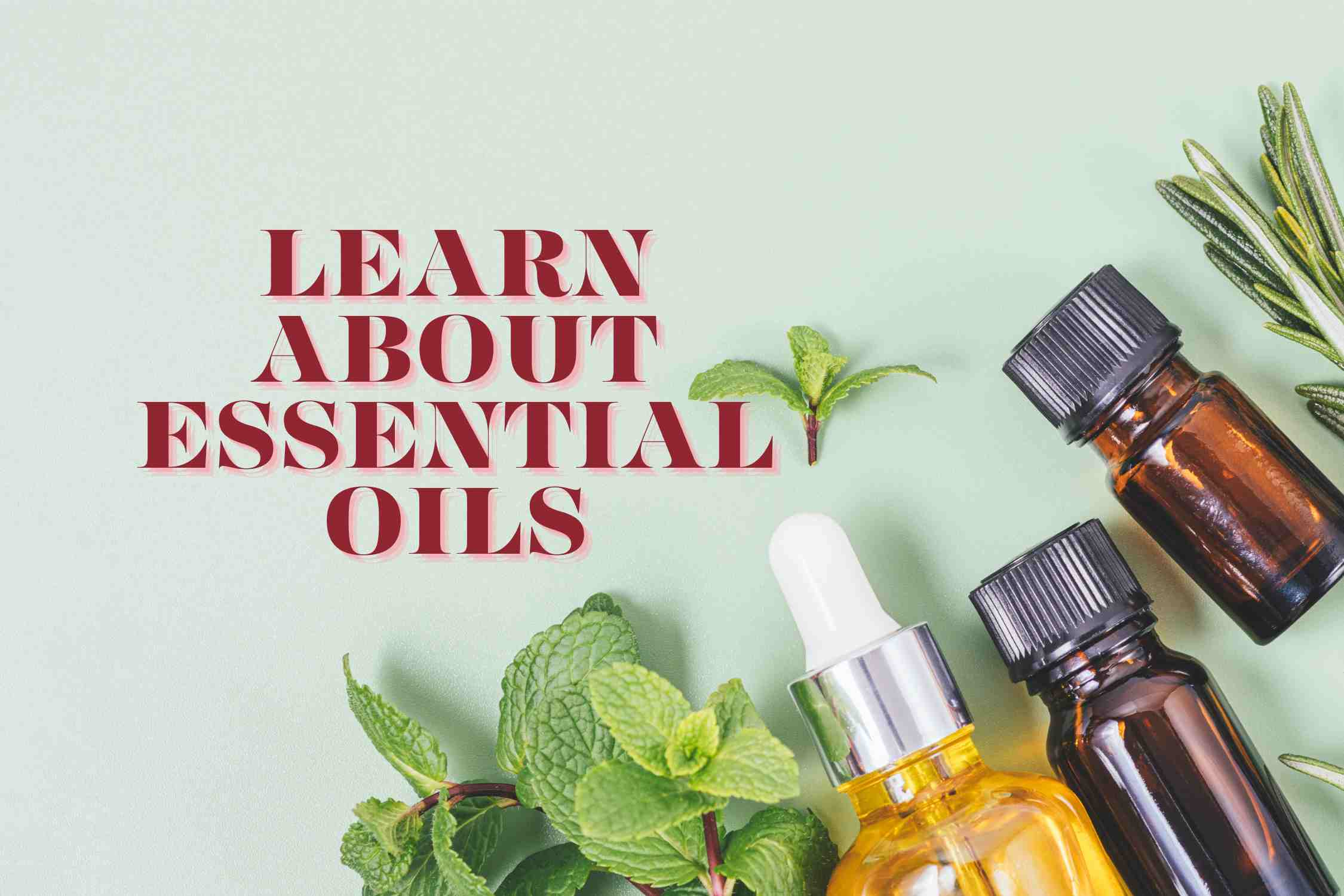
1. Protect yourself from Getting Sick by Prevention
An environment free of germs is one that is likely to also be free of sickness.
-
Regularly use our recipe for your own essential oil-based industrial strength natural household cleaning solution on your floors, counters, doorknobs, toilets, sinks and other heavily trafficked locations to stop the growth of any potential disease carrying vectors.
-
Essential oil can also be added to a spray bottle with water and a bit of rubbing alcohol and misted or put in a solution with water on a cloth, especially around often-touched and used areas or surfaces.
2. Prevent Sickness by Maintaining Healthy Habits
-
Frequently drink lots of water.
-
Get good sleep. Rest is vital.
-
Eat a balanced diet.
3. Kill Germs and Viruses with essential Oil
Defend yourself from colds and flu by doing the following:
-
Wash your hands earnestly, diligently, and regularly. Have your “homemade essential oil-based antibacterial soap” on hand, at the office, in your bag and at work.
-
Diffuse antibacterial essential oils like tea tree, lemon, eucalyptus, cinnamon and many others in your home, car and work. The constant presence of atomized essential oil particles in the air will continually diminish the presence of harmful foreign bodies.
There are no other cheaper, easier ways to rid the environment of bacteria and microbes than to diffuse essential oils into the air in your local environment.
Lastly, there are a number of natural remedies and other less known way of preventing cold or flu with essential oils. Consider some of the following techniques to use essential oil to treat symptoms and stop sickness from further affecting your health.
-
Use peppermint, lavender, citrus eo’s and tea tree in a compress to the forehead or a few drops in a nice, hot bath.
-
If feeling achy or stiff, use a few drops of lavender and rosemary in your favorite carrier oil and massage them on neck, shoulders, back and hands and feet.
-
If you feel congested or have a runny nose or cough you can massage diluted eucalyptus, cedarwood, peppermint, rosemary on your chest and neck. Alternatively, add some drops of these essential oils to a large bowl of hot water. Place a towel over your head and lean over the bowl to breath the vapors in deeply. Below is a list of 10 excellent oils to prevent colds and flu.
10 Essential Oils Best for Preventing Colds and Flu
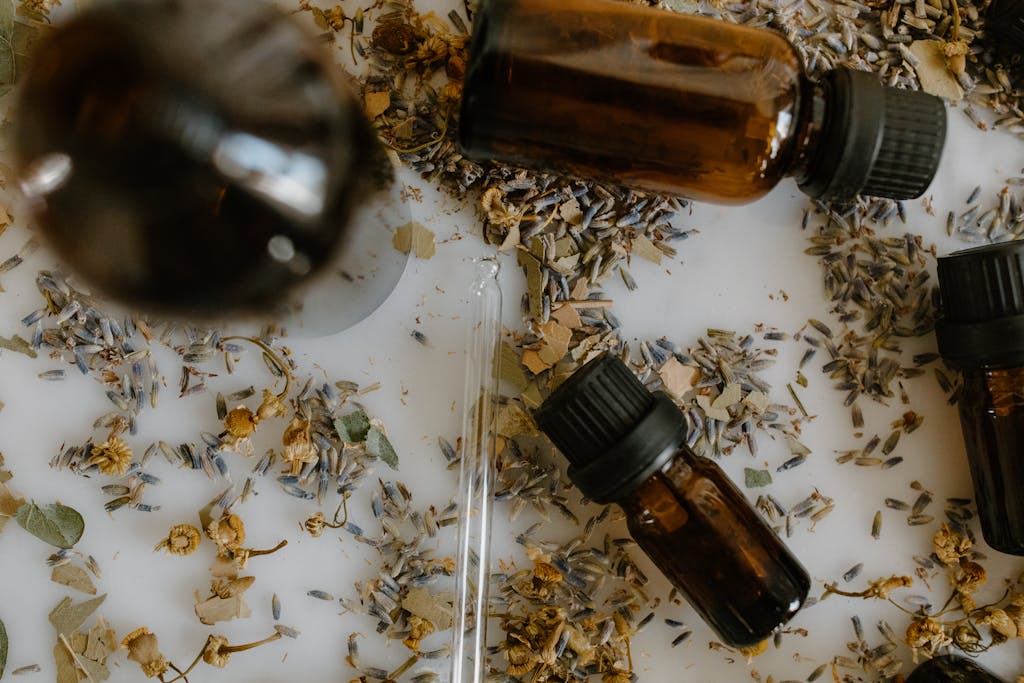
The onset of colds and flu is inevitable, especially during the changing seasons. However, essential oils can be your first line of defense against these common ailments as stated above. Packed with antiviral and antibacterial properties, the right essential oils can help boost your immunity and promote overall wellness. Let’s explore the top 10 essential oils that are best for preventing colds and flu.
1. Eucalyptus Oil
Eucalyptus oil is a powerhouse when it comes to treating respiratory conditions. It has potent antimicrobial properties that can help fight off pathogens that cause cold and flu. Plus, it aids in clearing congestion and improving breathing.
2. Tea Tree Oil
Known for its potent antiviral, antibacterial, and anti-inflammatory properties, tea tree oil can protect against common cold and flu viruses. It can treat viral infections and also soothe sore throats and ease coughs.
3. Peppermint Oil
Peppermint oil is rich in menthol, which provides a cooling effect and helps in relieving congested noses and chests. It also contains antimicrobial properties that can help fight off bacteria and viruses.
4. Oregano Oil
Oregano oil is a powerful natural antibiotic and antiviral agent. It can help boost the immune system and fight off infections, making it a great choice for cold and flu prevention.
5. Thyme Oil
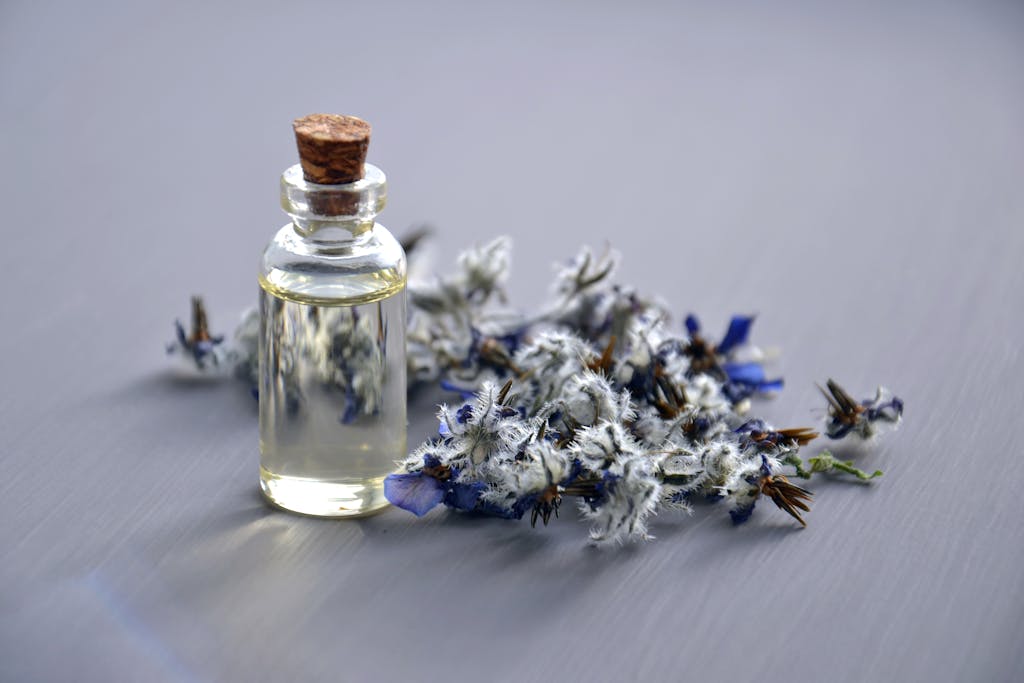
Thyme oil is excellent for respiratory health, thanks to its antiseptic properties. It can help reduce symptoms such as coughs, sore throats, and congestion.
6. Lemon Oil
Lemon oil is known to enhance the immune system, making it a good choice for warding off colds and flu. It’s also a natural disinfectant, helping to cleanse your home of germs.
7. Lavender Oil
While lavender essential oil is known for its calming properties, lavender oil also possesses antimicrobial properties that can help protect against cold and flu viruses. It’s also great for promoting restful sleep, which is crucial for recovery.
8. Ginger Oil
Ginger oil’s warming properties can help soothe sore throats and reduce inflammation. It also has antiviral properties that can help fight off the flu virus.
9. Frankincense Oil
Frankincense oil has been used since ancient times for its immune-boosting medicinal properties too. It can promote a healthy immune response, helping you fight off colds and flu.
10. Clove Oil
Clove oil is packed with antioxidants and has powerful antiseptic and germicidal properties, making it effective at killing off bacteria and viruses. Chamomile essential oil is also a goo option.
These essential oils can be a great addition to your wellness routine, especially during the cold and flu season. However, it’s important to remember that while they can help prevent and ease symptoms, they’re not a substitute for medical advice or treatment. Also, never use undiluted essential oils.
How to Use Essential Oils for Cold and Flu Prevention
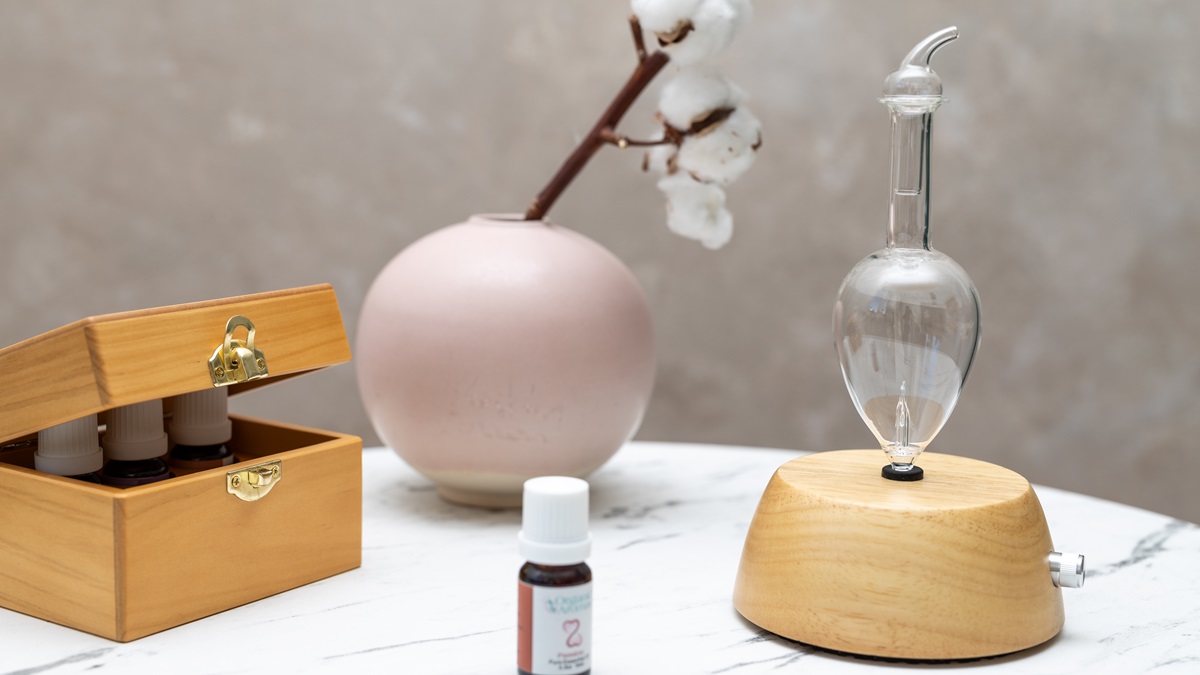
Essential oils, with their antimicrobial and immune-boosting properties, can be a natural way to prevent colds and flu. But knowing how to use them effectively over the counter, is key. So, let’s delve into the various application methods of these potent oils for maximum benefits.
1. Diffusion
One of the most common ways to use these and other essential oils used for colds is through diffusion. A diffuser disperses the oil’s scent throughout a room, providing both an aromatic and therapeutic experience. For example, eucalyptus or peppermint oil can be diffused to help clear nasal congestion and reduce cold symptoms.
2. Inhalation
For immediate relief from congestion, direct steam inhalation is a great method. Add a few drops of the essential oil (like tea tree or oregano oil) to a bowl of hot water, then lean over the bowl and inhale the steam. Remember to keep your eyes closed to avoid irritation.
3. Topical Application
Many essential oils can be applied directly to the skin. However, because they’re so potent, it’s vital to dilute them with a carrier oil, like coconut oil or jojoba oil. You can apply the mixture to the chest, back of the neck, or soles of the feet to fight off cold and flu symptoms. Lavender and lemon oils are excellent choices for this method.
4. Bath Soaks
Adding essential oils to a warm bath can help you relax while also providing cold and flu relief. Add several drops of your preferred oil (like frankincense or ginger oil) into your bathwater, then soak in it for about 15 minutes.
5. Household Cleaning
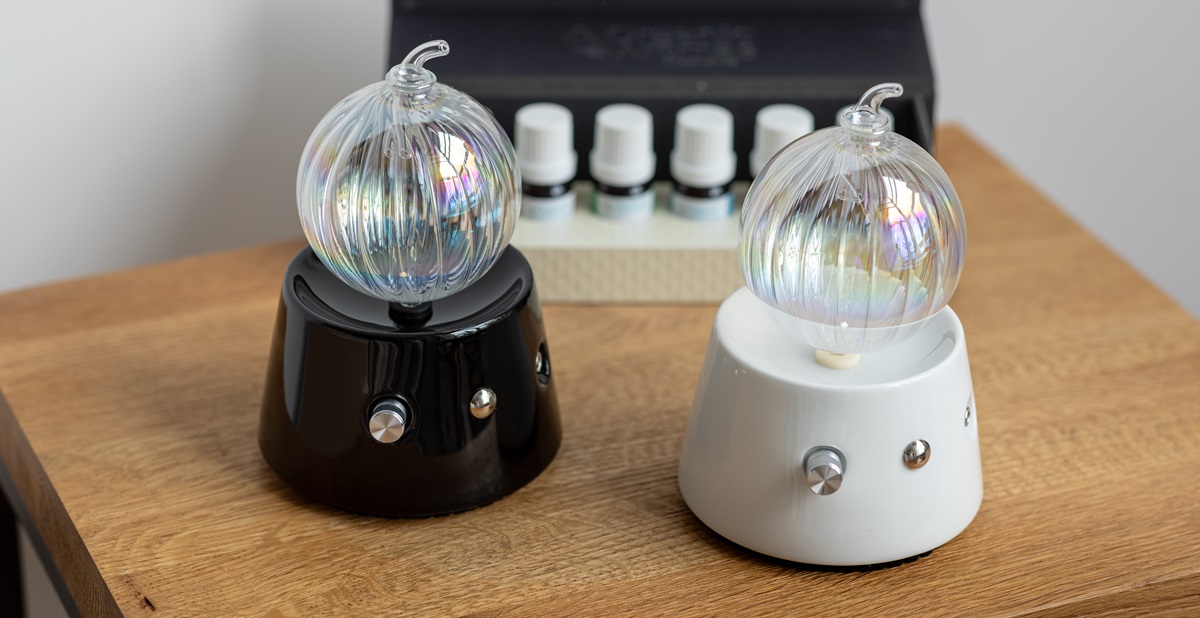
To keep your living environment free from germs, consider using essential oils like lemon or clove oil in your cleaning routine. You can add a few drops of carrier oils to your regular cleaning solution or create your own disinfectant spray with water, white vinegar, and the essential oil.
6. Aromatherapy Massage
A massage with essential oils like thyme or frankincense can boost your immunity and provide relief from cold symptoms. Mix a few drops lemon essential oil with a carrier oil and massage it into the skin.
7. DIY Cold and Flu Blends
Creating your own blend of essential oils can be an effective way to prevent or treat colds and flu. For instance, a blend of eucalyptus, tea tree, and lavender oil could be used in a diffuser or added to a bath.
Finally
Based on the gathered information, essential oils provide significant benefits in preventing and managing symptoms of colds and flu. Lavender, peppermint, and tea tree are common essential oils that are often recommended due to their various properties such as stress relief, reduction of fatigue, depression, and headaches, and their ability to reduce coughs and sinusitis.
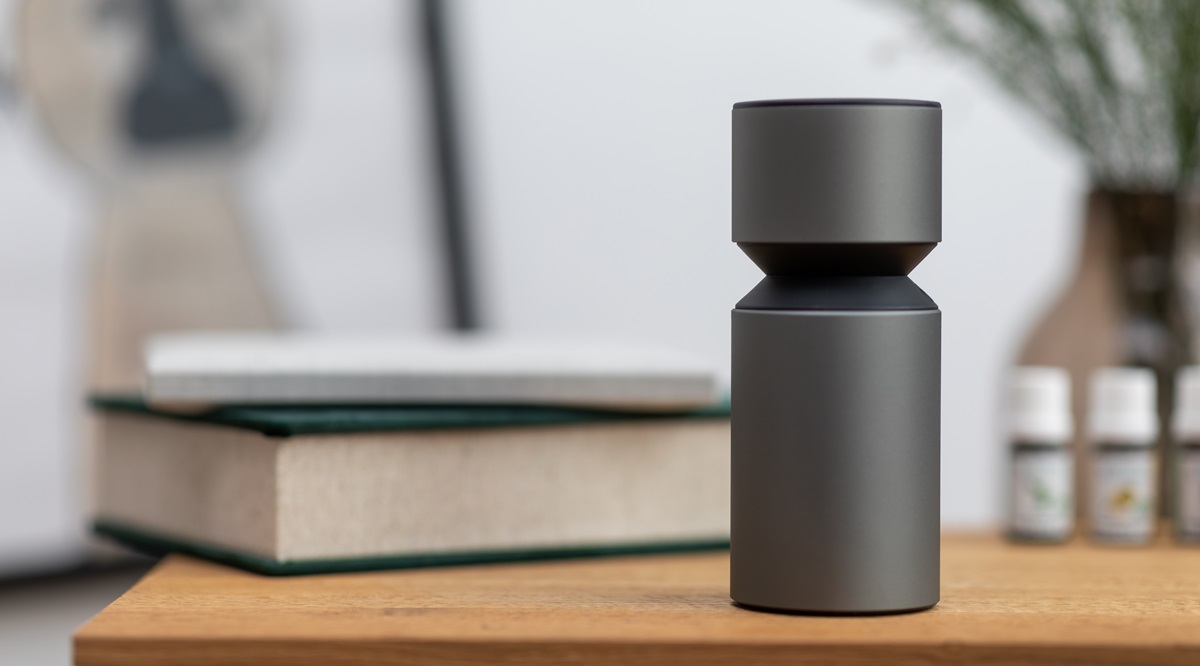
Cinnamon bark, lemon, oregano, and eucalyptus citriodora are also beneficial, with potential to naturally disinfect and boost immune strength. Eucalyptus oil, in particular, has been highlighted for its antiviral and antimicrobial properties, making it historically used in treating various upper respiratory tract infections and conditions.
Moreover, ginger and frankincense oils can soothe sore throats and clear congestion, while tea tree oil can fight further infection. These essential oils offer a natural alternative or supplementary approach to traditional cold and flu treatments, potentially enhancing overall health and wellness during the cold and flu season.
FAQs
Q1: Can essential oils prevent colds and flu?
A: While essential oils cannot directly prevent colds and flu, they can support a healthy immune system and alleviate some symptoms. However, they should not replace medical treatment and it’s always best to consult with a healthcare provider.
Q2: Which essential oils are best for colds and flu?
A: Some popular choices include peppermint, eucalyptus, tea tree, lavender, and lemon essential oils. These oils have properties that can help relieve congestion, soothe a sore throat, and promote relaxation.
Q3: How do I use essential oils for colds and flu?
A: Essential oils can be diffused into the air, applied topically (always diluted with a carrier oil), or added to a warm bath. Please note, some essential oils are not safe to ingest.
Q4: Are there any risks or side effects associated with using essential oils?
A: Yes, some people may be allergic to certain oils or find them irritating to the skin or eyes. It’s recommended to perform a patch test first and always dilute essential oils with a carrier oil before topical application.
Q5: Can children use essential oils?
A: Some essential oils can be safe for children, but they should be used under the guidance of a healthcare professional and always diluted appropriately. Certain oils may not be suitable for children.
Q6: Can essential oils interact with medications?
A: Yes, some essential oils can interact with medications. If you’re taking any medication, it’s important to consult with your healthcare provider before using essential oils.
Q7: How often should I use essential oils when I have a cold or the flu?
A: There’s no set rule as it depends on the type of essential oil and method of use. However, moderation is key as overuse can cause irritation or other adverse effects.
Q8: Can I use essential oils if I’m pregnant or breastfeeding?
A: Some essential oils may not be safe during pregnancy or while breastfeeding. Always consult with a healthcare provider or a clinical aromatherapist before using essential oils in these situations.
Remember, while essential oils can provide some relief from cold and flu symptoms, they are not a substitute for professional medical advice or treatment.

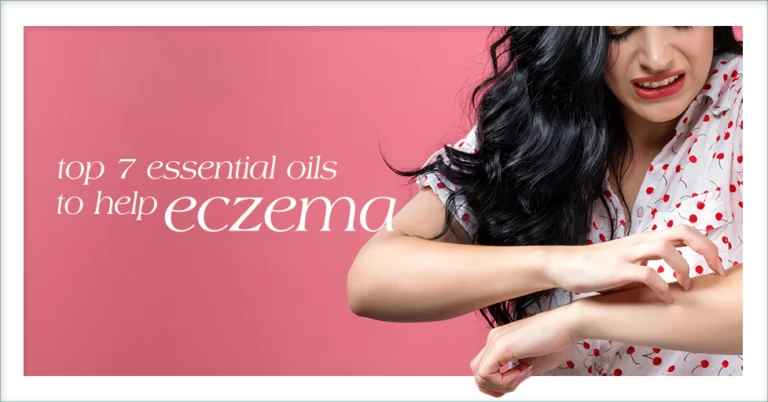
Very interesting.
I clicked on this link to find out what is best to PREVENT colds, as the title states.
You mentioned four essential oils and “many others”. Could you provide the names of more (the many others) essential oils to use for prevention?